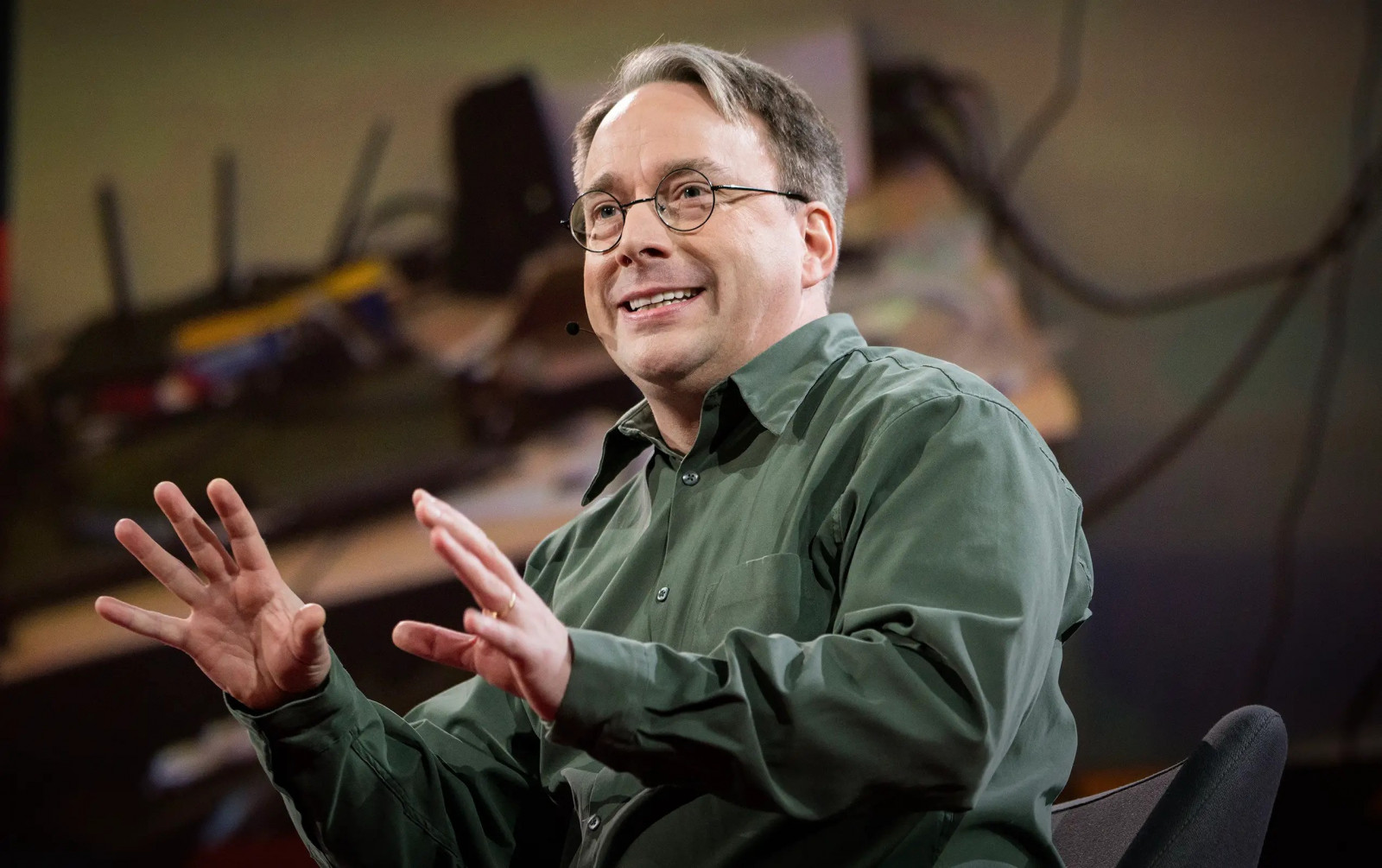Linus Benedict Torvalds: Hero of the open-source community
The tech wizard, who recently turned 54, developed an interest in computing early on in his life, which laid the foundation for the globally acclaimed Linux operating system

In the ever-evolving landscape of technology, few names stand out as prominently as Linus Benedict Torvalds. Born on 28 December 1969 in Helsinki, Finland, Linus has left an indelible mark on the world as the creator of the revolutionary Linux operating system.
Linus's journey into the world of computers began in the late 1970s when his maternal grandmother introduced him to the Commodore Vic 20, one of the first personal computers. Unimpressed by the limited programs available, young Linus, by the age of 10, started crafting his own.
This early interest laid the foundation for what would later become the globally acclaimed Linux operating system.
Let us delve into how the recently turned 54-year-old tech wizard has gone about revolutionising the world of computing.
A personal project that transformed the tech world
In April 1991, Linus was only 21 years old and a computer science student at the University of Helsinki. He started a personal project to make a new operating system kernel. Little did he know that this modest endeavour would evolve into the Linux OS, making him a tech luminary.
Equipped with a 33MHz Intel 386 processor and a thirst for a superior operating system, Linus sought UNIX for his new computer, but faced exorbitant costs. Turning to MINIX, a UNIX clone, he found it lacking. Fueled by necessity, Linus ventured into creating his own terminal emulation program, laying the groundwork for Linux.
In the beginning, Linus had the intention of naming his system 'Freax'. However, in September 1991, when the files were uploaded to the FUNET FTP server to aid development, his friend Ari Lemmke, an administrator of the server, believed that 'Freax' wasn't a suitable name. Without consulting Linus, Ari decided to change it to 'Linux' on the server.
Linux's evolution: From humble beginnings to global impact
From the crude version 0.01 in September 1991 to the first official version 0.02 in October of the same year, Linux rapidly gained momentum. Linus's decision to release it under the GPL (GNU General Public License) proved pivotal, fostering a collaborative community and promoting free software principles.
Since its initial release, Linux's growth has been constant, evolving from a small C file collection to over 370 megabytes of source under the GNU General Public License by 2009. Linus's creation reflects the principles established in Unix, utilising a monolithic kernel for process control, networking, and file system access.
Beyond his technical prowess, Linus's personal life has also seen significant developments. His dedication to Linux led him to work for Transmeta and later focus exclusively on kernel development under the Open Source Development Labs.
His journey reflects not only technological innovation but also a commitment to the open-source community.
Shaping the digital landscape
Linux, packaged in various distributions for desktop and server use, stands as a prime example of free and open-source software collaboration. Linus Torvalds's creation has become a global force, powering systems with its modular design and flexibility.
As we navigate the digital era, Linus Benedict Torvalds remains a beacon of innovation, proving that a passion for programming and a commitment to openness can reshape the world of technology. The Linux operating system, born out of curiosity and necessity, continues to inspire generations of tech enthusiasts worldwide.
In the realm of servers, Linux has asserted itself as the backbone of the internet. Major websites and cloud services, from Google to Amazon, rely on the robust and scalable nature of Linux distributions. The server rooms that hum with activity in data centres around the world owe much of their efficiency and stability to this open-source powerhouse.
But Linux does not stop at servers; it's equally at home on our personal computers. Ubuntu, Fedora, and Debian are just a few examples of user-friendly Linux distributions that have gained traction in the desktop space. Millions of users globally opt for Linux to escape licensing constraints, embrace customisation, and revel in the sense of community-driven development.
Venturing beyond traditional computing devices, Linux has also made its mark in embedded systems. From smart TVs to routers, Linux's lightweight and adaptable nature makes it a preferred choice for manufacturers looking to embed intelligence into their devices. The Android operating system, used by a majority of the world's smartphones, is built on a Linux kernel, cementing Linux's presence in our everyday pocket-sized companions.
The recognition of Linux as a technological revolution stems from its democratic ethos. The collaborative nature of open-source development allows for continuous improvement and adaptation. It empowers developers worldwide to contribute, creating a collective force that evolves the operating system organically. This communal approach not only fosters innovation but also ensures that the software remains free and accessible to anyone with a curiosity for technology.
Linux is not merely an operating system; it is a testament to the transformative power of community-driven collaboration. Its wide-ranging applications, from servers to smartphones, reflect a global embrace of an alternative, open paradigm. As we navigate the intricacies of the digital age, Linux stands as a symbol of how passion, commitment, and an unwavering belief in openness can reshape and revolutionise the world of technology.



 Keep updated, follow The Business Standard's Google news channel
Keep updated, follow The Business Standard's Google news channel
















